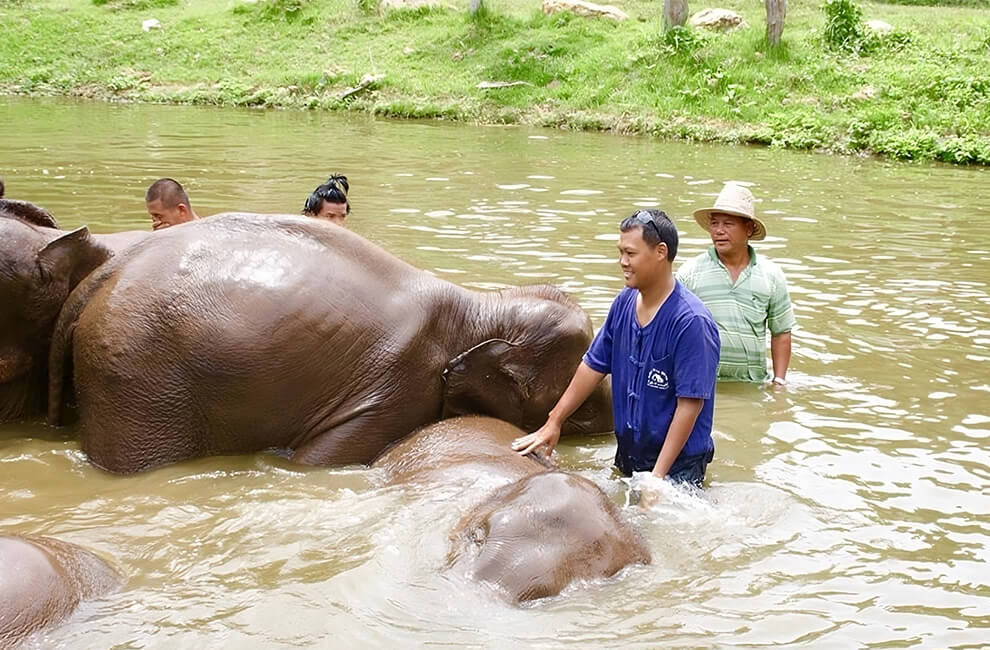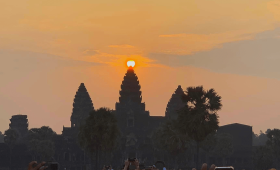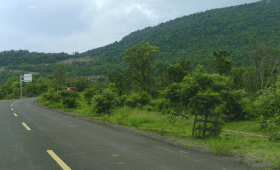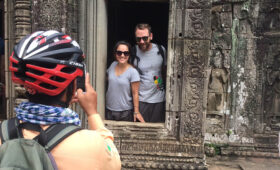Cambodia, a land of ancient temples, lush landscapes, and vibrant culture, has become a must-visit destination for travelers seeking authentic experiences. However, as tourism continues to grow, so does the need for sustainable travel practices. Sustainable local travel in Cambodia is not just a trend; it’s a responsibility. By choosing eco-friendly options, travelers can help preserve the country’s natural beauty, support local communities, and contribute to the long-term well-being of this enchanting destination.
In this comprehensive guide, we’ll explore how you can embrace sustainable travel in Cambodia, from eco-conscious accommodations to responsible tourism activities. Whether you’re planning a trip to the iconic Angkor Wat or exploring the lesser-known gems of the Cambodian countryside, this article will provide you with the tools and knowledge to travel sustainably.
Why Sustainable Travel Matters in Cambodia
Cambodia’s tourism industry has seen exponential growth over the past decade, with millions of visitors flocking to its world-famous attractions. While this has brought economic benefits, it has also placed a strain on the environment and local communities. Issues such as over-tourism, pollution, and the exploitation of natural resources have become pressing concerns.
Sustainable travel aims to mitigate these negative impacts by promoting practices that respect the environment, culture, and people of the destination. By choosing sustainable options, you can help ensure that Cambodia’s treasures are preserved for future generations while supporting the livelihoods of local communities.
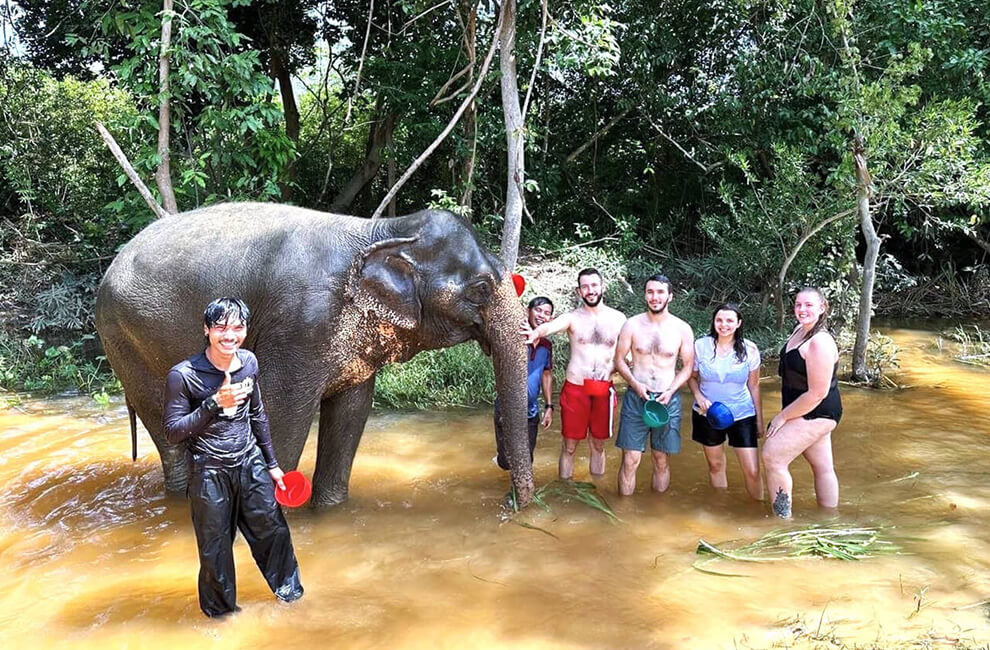
Top Tips for Sustainable Local Travel in Cambodia
Choose Eco-Friendly Accommodations
One of the easiest ways to practice sustainable travel is by staying at eco-friendly accommodations. Cambodia offers a range of options, from eco-lodges to community-based homestays, that prioritize environmental conservation and community support.
- Eco-Lodges: These accommodations are designed to minimize their environmental impact by using renewable energy, recycling waste, and conserving water. Many eco-lodges also support local communities by hiring staff from nearby villages and sourcing food locally.
- Community-Based Homestays: Staying with a local family is a fantastic way to immerse yourself in Cambodian culture while directly supporting the community. Homestays often provide authentic experiences, such as traditional meals and cultural activities, and the income generated goes directly to the host family.
Support Local Businesses
When traveling sustainably, it’s essential to support local businesses. By purchasing goods and services from local vendors, you contribute to the local economy and help create jobs for Cambodian people.
- Local Markets: Visit local markets to buy handmade crafts, textiles, and souvenirs. Not only will you find unique items, but you’ll also be supporting local artisans and their families.
- Local Restaurants: Opt for locally-owned restaurants and street food stalls that serve traditional Cambodian cuisine. This not only gives you a taste of authentic flavors but also supports small business owners.
Up to 25% Off
Explore our many discounts, deals, and exclusive offers
to create your next adventure!
Respect Cultural Heritage
Cambodia is home to a rich cultural heritage, from the ancient temples of Angkor to traditional dance and music. As a responsible traveler, it’s important to respect and preserve this heritage.
- Temple Etiquette: When visiting temples, dress modestly and follow the rules and guidelines set by the site. Avoid touching or climbing on ancient structures, and be mindful of your impact on the environment.
- Cultural Sensitivity: Take the time to learn about Cambodian customs and traditions. Show respect for local practices, such as removing your shoes before entering a home or temple, and always ask for permission before taking photos of people.
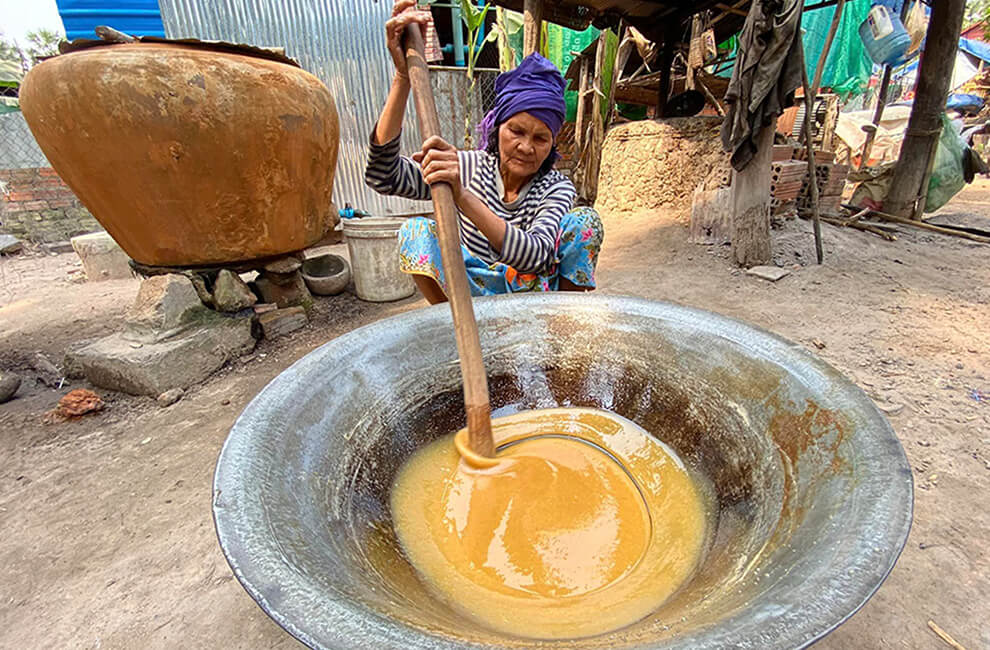
Minimize Your Environmental Impact
Reducing your environmental footprint is a key aspect of sustainable travel. Here are some simple steps you can take to minimize your impact while exploring Cambodia:
- Reduce Plastic Waste: Cambodia, like many countries, faces challenges with plastic pollution. Bring a reusable water bottle, shopping bag, and utensils to avoid single-use plastics. Many eco-friendly accommodations and restaurants offer water refill stations.
- Conserve Water and Energy: Be mindful of your water and energy usage, especially in areas where resources are limited. Take shorter showers, turn off lights and air conditioning when not in use, and reuse towels and linens.
- Leave No Trace: Whether you’re hiking in the Cardamom Mountains or exploring the beaches of Sihanoukville, always follow the principles of Leave No Trace. Pack out all trash, stay on designated trails, and avoid disturbing wildlife.
Engage in Responsible Tourism Activities
Cambodia offers a wealth of activities that allow you to experience the country’s natural beauty and culture in a responsible way. Here are some eco-friendly activities to consider:
- Wildlife Conservation: Visit wildlife sanctuaries and conservation projects that protect Cambodia’s endangered species, such as the Elephant Valley Project in Mondulkiri or the Phnom Tamao Wildlife Rescue Center. These organizations work to rehabilitate and release animals back into the wild, and your visit helps support their efforts.
- Community-Based Tourism: Participate in community-based tourism initiatives that empower local communities. For example, you can join a guided tour led by local villagers, take part in traditional craft workshops, or volunteer with community development projects.
- Eco-Tours: Explore Cambodia’s natural wonders through eco-tours that prioritize sustainability. Whether it’s kayaking through the mangroves of Koh Kong, cycling through rural villages, or trekking in the jungle, these tours are designed to minimize environmental impact and support local communities.
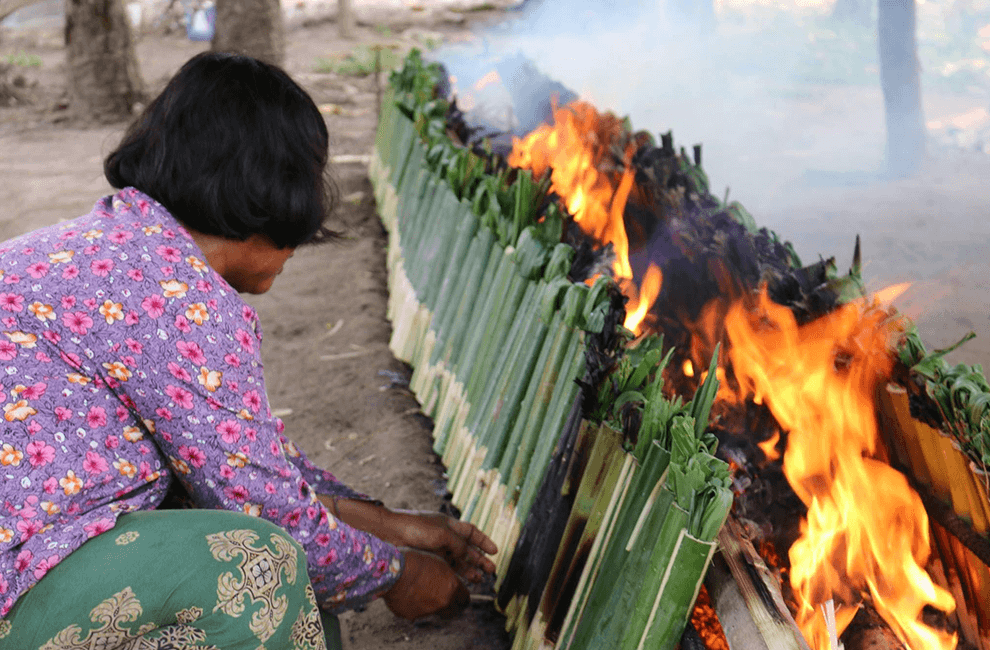
Sustainable Travel Destinations in Cambodia
Siem Reap and Angkor Wat
Siem Reap, the gateway to the iconic Angkor Wat, is a popular destination for travelers. While the temples are a must-see, there are also plenty of opportunities for sustainable travel in the area.
- Angkor Wat: Visit the temples during off-peak hours to avoid crowds and reduce your impact on the site. Consider hiring a local guide who can provide insights into the history and culture of the temples while supporting the local economy.
- Tonle Sap Lake: Take a boat tour of Tonle Sap Lake, Southeast Asia’s largest freshwater lake, and visit floating villages. Choose eco-friendly tour operators that prioritize sustainable practices and support local communities.
Phnom Penh
Cambodia’s capital city, Phnom Penh, offers a mix of history, culture, and modernity. While exploring the city, you can also engage in sustainable travel practices.
- Royal Palace and National Museum: Visit these cultural landmarks to learn about Cambodia’s history and heritage. Be sure to respect the rules and guidelines at these sites to help preserve them for future generations.
- Local Markets: Explore local markets such as the Russian Market and Central Market, where you can find handmade crafts, textiles, and souvenirs. Supporting local vendors helps sustain the local economy.
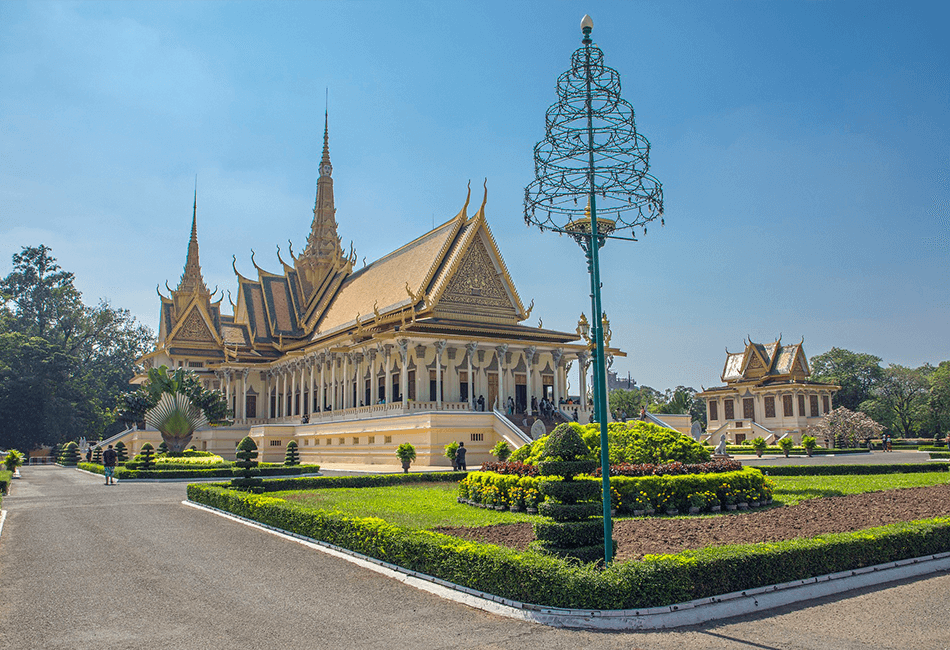
Battambang
Battambang, known for its colonial architecture and rural charm, is a great destination for sustainable travel.
- Bamboo Train: Experience the unique bamboo train, a local mode of transportation that has become a popular tourist attraction. While it’s a fun ride, be mindful of its impact on the environment and local communities.
- Phare Ponleu Selpak: Visit this non-profit organization that supports the arts and education in Cambodia. Attend a performance by the Phare Circus, which showcases traditional Cambodian stories through acrobatics and theater.
Mondulkiri and Ratanakiri
For those seeking off-the-beaten-path adventures, the provinces of Mondulkiri and Ratanakiri offer stunning landscapes and opportunities for eco-tourism.
- Elephant Valley Project: In Mondulkiri, visit the Elephant Valley Project, where you can observe elephants in their natural habitat and learn about conservation efforts. The project focuses on ethical elephant tourism and community development.
- Virachey National Park: In Ratanakiri, explore Virachey National Park, home to diverse wildlife and indigenous communities. Join a guided trek to learn about the park’s biodiversity and support local guides.
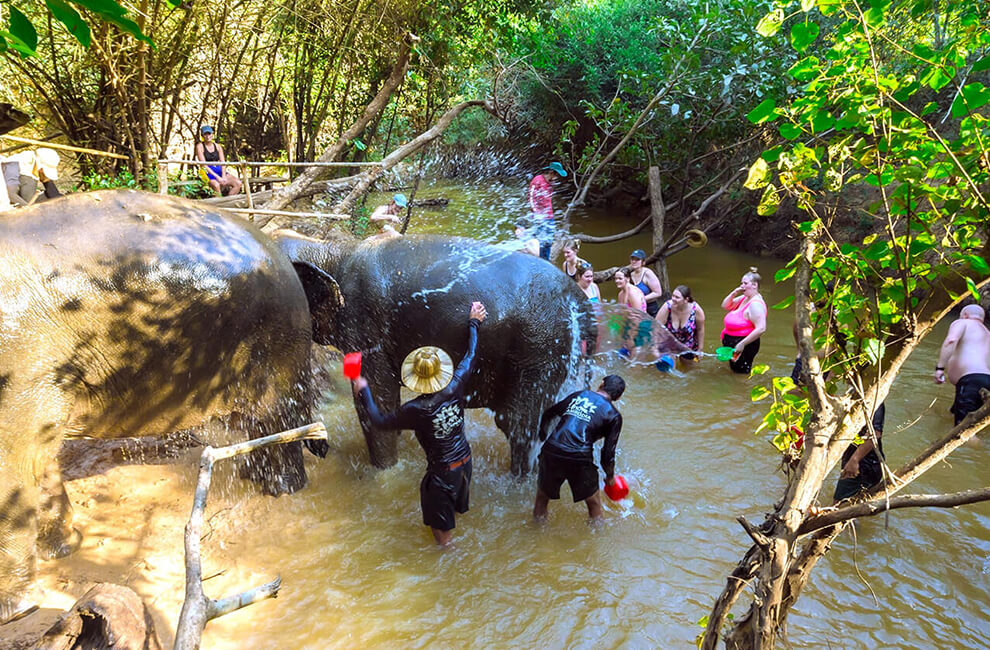
Conclusion: Travel Responsibly, Leave a Positive Impact
Sustainable local travel in Cambodia is about more than just reducing your environmental footprint; it’s about making a positive impact on the places you visit. By choosing eco-friendly accommodations, supporting local businesses, respecting cultural heritage, and engaging in responsible tourism activities, you can help preserve Cambodia’s natural and cultural treasures for future generations.
As you plan your trip to Cambodia, remember that every choice you make as a traveler has the power to contribute to the well-being of the destination. Embrace sustainable travel practices, and you’ll not only have a more meaningful and authentic experience but also leave a lasting positive impact on this beautiful country.
So, pack your bags, embark on your eco-friendly adventure, and discover the magic of Cambodia while making a difference. Happy travels!


